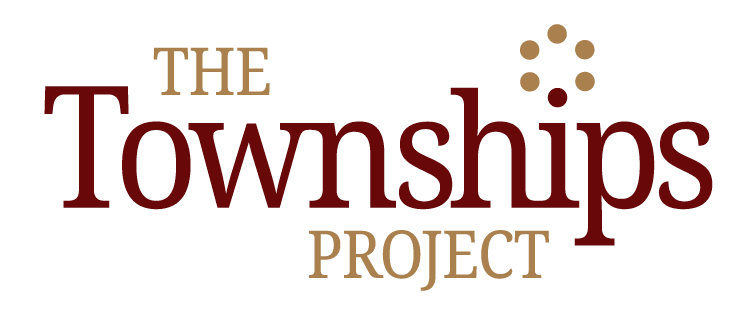Our Story
Nelson Mandela’s Challenge
In 1998, Nelson Mandela challenged the World Council of Churches to fight poverty in South Africa.
In 1998, Nelson Mandela challenged the World Council of Churches to fight poverty in South Africa.
Martha Deacon responded by founding The Townships Project to support micro-businesses in township areas through micro-loans, micro-franchises and community development.
Since 2017, The Townships Project has partnered with Rotary Clubs in South Africa to sponsor training programs and to contribute funding to the formation and development of small businesses benefiting women and children in township areas.
Today it offers assistance to Early Childhood Development Centres, female plumbers and female butchers. It has also partnered with Rotary in holding four Building Better Businesses Symposiums, encouraging the formation and development of small businesses, and has contributed foundation funding to African Rotary Community Mediation, training 66 community conflict mediators with Mediators Beyond Borders International.
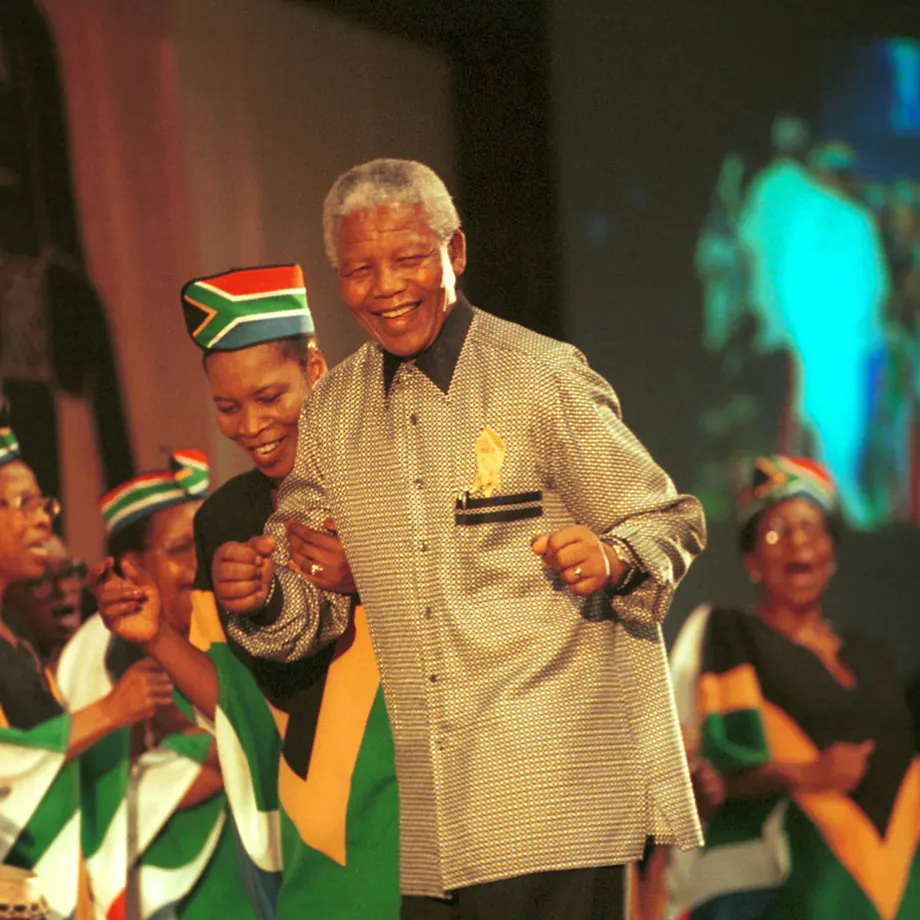
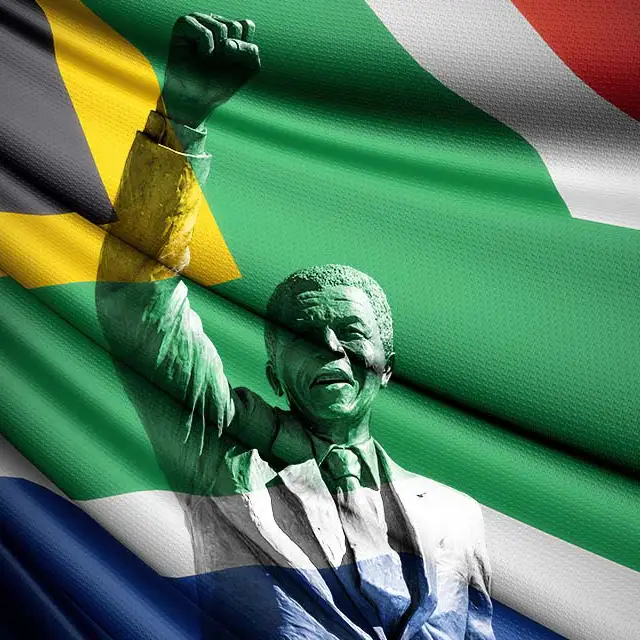
Nelson Mandela - World Council of Churches, 1998
“What will you do to fight poverty in my country?”
Nelson Mandela - World Council of Churches, 1998
Building Better Businesses
The Townships Project has evolved through more than 25 years of action, with four major phases ...
1) Micro-Lending
Small group loans to start businesses Our first response, from 1998 until 2010, was to apply the concept and techniques of Micro-Financing from the Grameen Bank in Bangladesh. Funds were raised to support local agencies making small repayable loans (starting at $100) to groups of borrowers, primarily women, to start or expand mini-businesses, with the bonus of basic business-skills training. In this period we supported 5 local agencies in 5 provinces, making loans to home-based grocery stalls, fruit and vegetable stands, candy, snack and meat providers, dressmakers, second hand clothing sellers and school lunch businesses, amongst others.
Most of these borrowers were entrepreneurs by necessity, not choice. What if we took the most successful businesses, those run by born entrepreneurs, and cloned them?
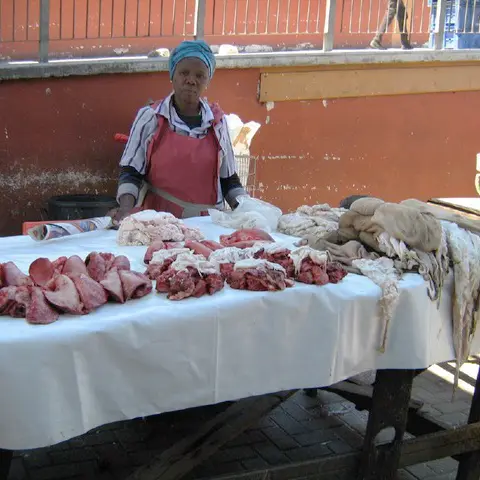
2) Micro-Franchising
In our second phase, from 2010 - 2017, we focused on finding the most successful small businesses in a community and cloning them. Micro-Franchising takes tiny but profitable businesses, and systemizes, brands, and replicates them for sale to others for as little as $1500. We introduced this concept to the South African Department of Trade and Industry and worked with them from 2011 in developing this program, which included such enterprises as candle-making, TV receiver installation, sanitary towel manufacturing, waste removal and security guard services — businesses for which a community saw a practical need.
Once this initiative was taken on by government, we searched for a way to continue Building Better Businesses in South African communities — using local, national and international resources, to reduce and ultimately eliminate reliance on fundraising from individual Canadians. So we looked to an international service organization with a proven track record and to existing centres of learning and social development.
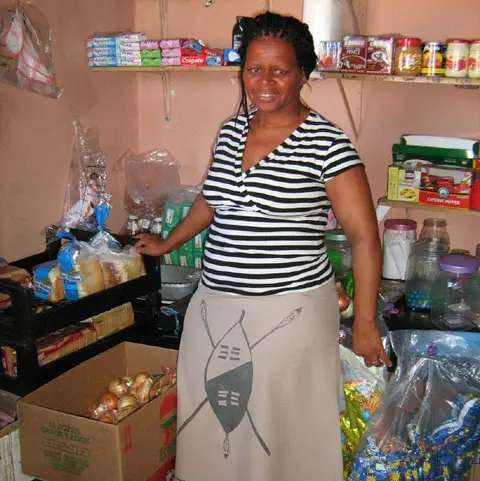
3) Building Better Businesses
In 2017, Carole Rowsell, our Chair, introduced us to various South African Rotarians. We shared our concept of holding an annual Building Better Businesses Symposium to provide a forum for small business owners to find financing, marketing, mentoring, accounting, and other skills and networking opportunities. South African Rotarians embraced the concept and introduced us to the University of South Africa (UNISA) and others as co-sponsors.
We held our first Symposium in September 2018, bringing together 135 small business owners to be coached by experienced speaker-facilitators on topics such as Spotting an Opportunity, Finding the Capital, Sustaining a Business, and Growing/Scaling Up the Business. Participants were offered access to digital accounting programs, mentorship, and surplus office furniture. As well, there were cash prizes to reward businesses showing the strongest progress.
It was an unqualified success: “So practical and helpful… We all learned so much!”
We held three more Symposiums, the last in May, 2022, when it became evident that we needed to spread the burden of the work required amongst a broader group of volunteers.
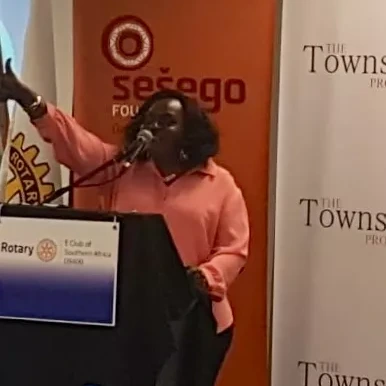
Continuing Our Mission Post-Pandemic
Since the pandemic struck in March 2020, we have been exploring ways to continue building small businesses in townships areas with strong oversight, while building bridges between Rotary Clubs in the town and in the townships.
We have developed relationships with a number of different Clubs who can bring to us individual programs that they are supporting, and introduce us to pre-existing partnership opportunities that benefit mainly women and youth.
Deepening those relationships will be the focus of our in-person visit in 2024, the first in-person visit since 2019.

